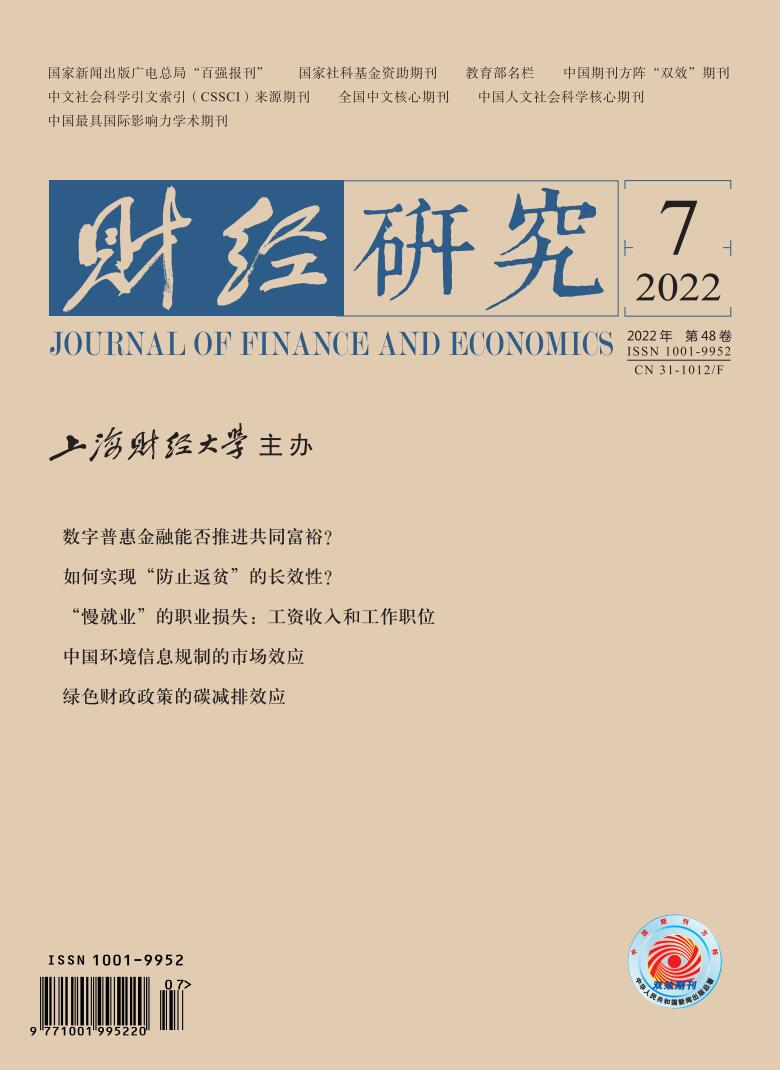Common prosperity is an important exploration and goal of socialism with Chinese characteristics in the new era. At present, there is still a large gap between urban and rural areas, and the low proportion of middle-income groups in China, which leads to the realization of the goal of common prosperity, may be long-term and arduous. Therefore, how to make progress in stability and promote the process of common prosperity is an important problem to be solved urgently.
Based on the data of China Household Finance Survey (CHFS) in 2013, 2015 and 2017, this paper constructs the micro common prosperity index from the three dimensions of material wealth, spiritual wealth and social sharing, and matches it with the digital inclusive financial index compiled by the Peking University Digital Finance Center to explore the impact of digital Inclusive Finance on common prosperity. Using the two-way fixed effect model, we find that digital inclusive finance can significantly promote common prosperity, and the improvement of entrepreneurial activity is an important path for digital finance to promote common prosperity. However, digital inclusive finance has a more significant “Matthew effect” for families with poor financial status, low participation in financial market and in rural areas. Therefore, improving digital infrastructure, popularizing digital tools and improving individual financial literacy can effectively bridge the “digital divide” and reduce the “Matthew effect”, so as to effectively improve the quality and efficiency of digital inclusive financial services and promote the realization of the goal of common prosperity.
This paper makes the following contributions: First, it refines the common prosperity to the individual level for the first time, and constructs a multi-dimensional coupled common prosperity index from the micro perspective. Second, it empirically tests the promotion effect of digital inclusive finance on common prosperity at the material, spiritual and sharing levels. Third, it explores the channels to alleviate the “Matthew effect” of digital inclusive finance from the perspective of digital endowment and knowledge literacy.
Based on the empirical conclusions, this paper suggests that the government should improve the construction of digital infrastructure in backward areas, promote the popularization of economic smart phones for rural residents, and narrow the difference of external digital resource endowment among residents; strengthen the public training of residents’ basic financial knowledge and improve residents’ basic financial literacy, so as to fully improve the accessibility of digital financial services and products and provide the possibility for low-income people to increase their property income; further guide digital inclusive finance to focus on serving underdeveloped areas, promote complementarity with traditional finance, narrow the income gap between urban and rural areas, reduce the “Matthew effect”, and promote common prosperity.





 9712
9712  15526
15526

